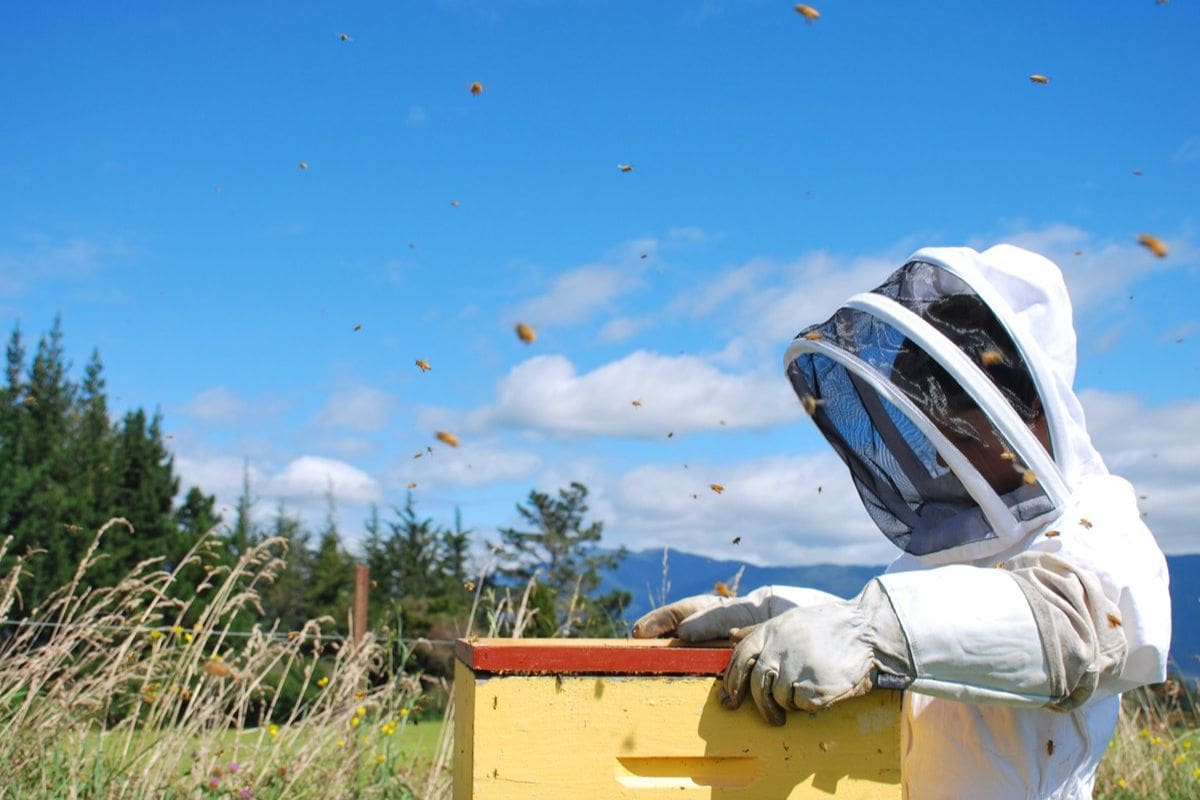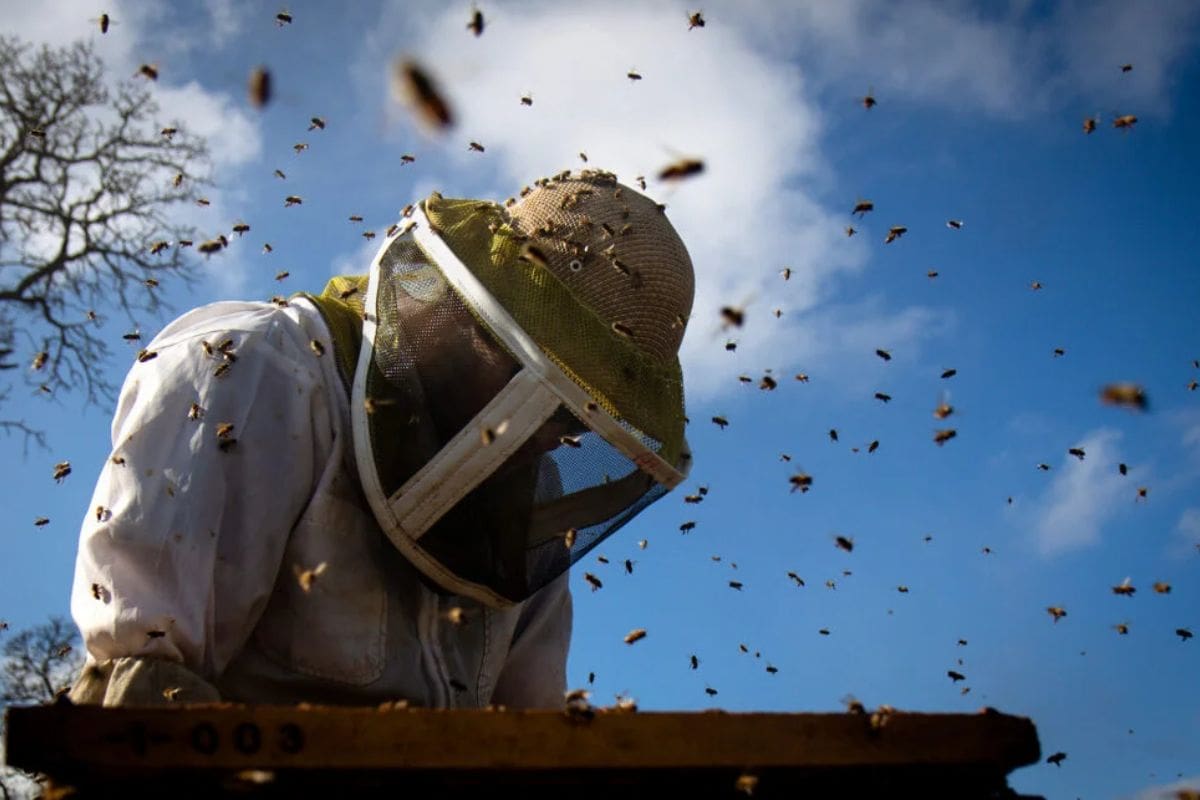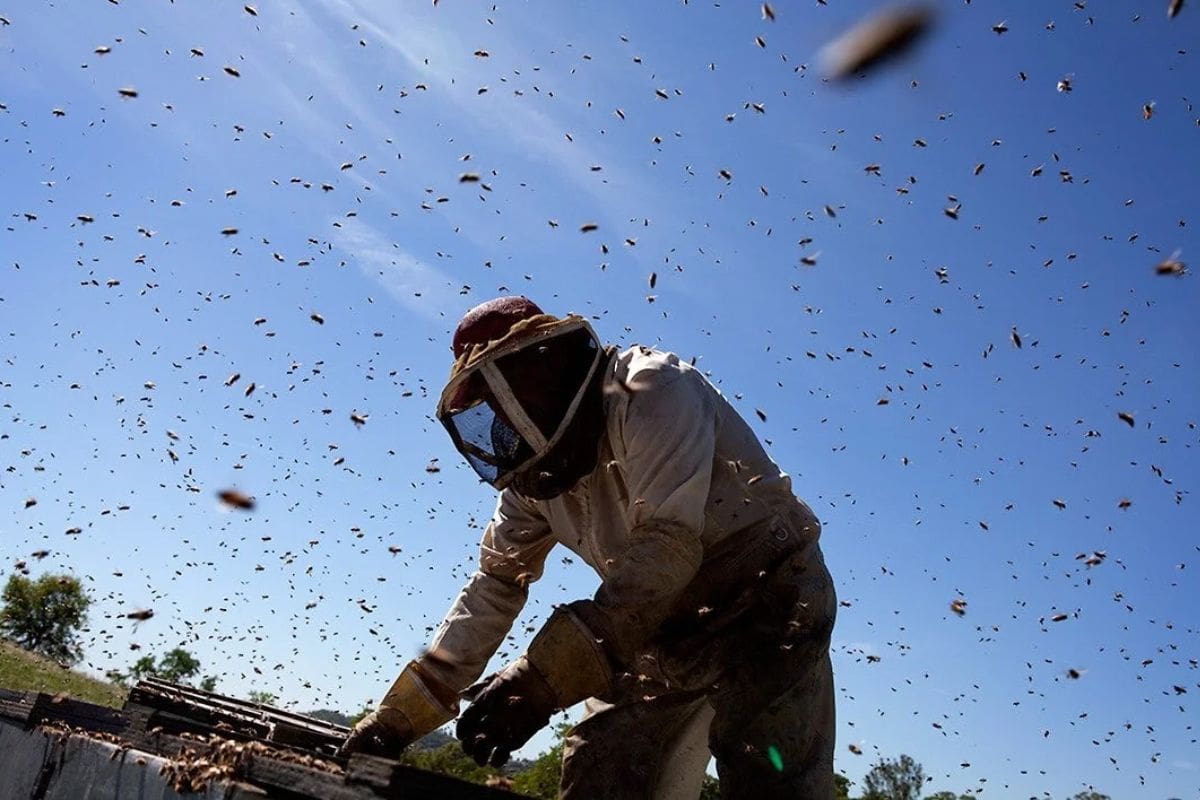Bee-Saving Win: In a significant development, California has recently upheld the ban on the use of sulfoxaflor insecticide, a decision that has far-reaching implications for both the environment and public health.
The ongoing legal battle surrounding this potent insecticide has sparked debates concerning its impact on pollinators, raising critical questions about the delicate balance between agricultural practices and ecosystem preservation.
This decision marks a pivotal moment in the state’s efforts to address the risks associated with harmful pesticides, shedding light on the broader implications for sustainability and biodiversity.
Legal Victory for Pollinators
The legal victory for pollinators in the recent California Court of Appeal decision marks a significant milestone in the ongoing battle to protect honey bees from the harmful effects of sulfoxaflor insecticide. This ruling dismissed appeals related to the approval of sulfoxaflor, a controversial insecticide known to contribute to widespread honey bee die-offs. By upholding the lower court’s decision, the California Court of Appeal effectively blocked the use of sulfoxaflor in the state, providing a crucial win for bee populations.
Commercial beekeepers played a pivotal role in challenging the California Department of Pesticide Regulation’s approval of sulfoxaflor, highlighting the risks posed by this pesticide to bee colonies. The court’s decision reflects growing concerns about the impact of chemical pesticides on pollinators and the environment. This legal victory underscores the importance of stringent regulations and thorough evaluation processes to safeguard vulnerable species like honey bees from potentially harmful substances. The outcome sets a precedent for future pesticide approvals and reinforces the need for comprehensive measures to protect pollinators and biodiversity.
Environmental Concerns
Amidst the legal victory for pollinators in the recent California Court of Appeal decision upholding the ban on sulfoxaflor insecticide, heightened environmental concerns have been brought to the forefront regarding the risks posed by systemic pesticides like sulfoxaflor to crucial species such as honey bees and monarch butterflies.
- Habitat Destruction: The use of sulfoxaflor can lead to the destruction of essential habitats for pollinators, affecting their foraging and breeding grounds.
- Impact on Food Chain: Contamination of nectar and pollen with sulfoxaflor can have cascading effects on the food chain, endangering not only pollinators but also other wildlife.
- Biodiversity Loss: The indiscriminate use of systemic pesticides like sulfoxaflor can contribute to a decline in biodiversity, disrupting ecosystems and diminishing the resilience of natural habitats.
These environmental concerns underscore the urgent need for sustainable agricultural practices that prioritize the protection of pollinators and the preservation of biodiversity. The ban on sulfoxaflor in California represents a significant step towards mitigating the risks associated with harmful pesticides and safeguarding the delicate balance of our ecosystems.

Health and Economic Implications
What are the potential ramifications of the upheld ban on sulfoxaflor insecticide in California for public health and the economy? The ban on sulfoxaflor in California has significant implications for both public health and the economy. From a public health perspective, the ban helps protect individuals from potential harmful effects associated with the insecticide, such as possible links to neurological and developmental issues. Economically, while some farmers may face challenges in finding alternative pest control methods initially, the ban fosters innovation in sustainable agricultural practices, ultimately leading to a more resilient and environmentally friendly agricultural sector. Here is a table summarizing the key health and economic implications:
| Health Implications | Economic Implications |
|---|---|
| Reducing exposure to harmful chemicals | Encouraging innovation in pest control methods |
| Protecting vulnerable populations | Promoting sustainable agriculture practices |
| Safeguarding pollinator populations | Fostering economic resilience in the agricultural sector |
| Ensuring long-term health benefits | Strengthening environmental sustainability |
| Contributing to a healthier ecosystem | Enhancing food security and stability |
Continued Advocacy and Action
Advocacy groups dedicated to sustainable agricultural practices and pollinator protection are actively engaged in pursuing further action to address the ongoing challenges related to pesticide use and pollinator health. The Pollinator Stewardship Council, the American Beekeeper Federation, and Earthjustice are at the forefront of advocating for policies that prioritize the well-being of pollinators and the environment. These organizations are working towards:
- Implementing stricter regulations on the approval and use of pesticides to minimize their impact on pollinators and other beneficial insects.
- Promoting the adoption of integrated pest management practices that reduce reliance on harmful chemicals and prioritize natural pest control methods.
- Educating farmers, policymakers, and the public on the importance of protecting pollinators and the role they play in maintaining biodiversity and food security.
Through these concerted efforts, advocacy groups aim to create a more sustainable agricultural system that safeguards pollinator populations and promotes ecological resilience.


ALSO READ: California Water Cutback Plan Softened Critics Applaud
News in Brief
California’s recent decision to uphold the ban on sulfoxaflor insecticide marks a significant victory for pollinators and environmental advocates. The Court of Appeal’s dismissal of appeals related to sulfoxaflor’s approval reinforces the state’s commitment to protecting honey bees and other vital pollinators. This ruling highlights growing concerns about the harmful effects of systemic pesticides on bee populations and biodiversity. Environmentalists applaud the decision, emphasizing the need for stringent regulations to safeguard vulnerable species. The ban underscores California’s dedication to promoting sustainable agriculture practices and preserving the delicate balance of ecosystems. This victory sets a precedent for future pesticide approvals, prioritizing the well-being of pollinators and the environment.

